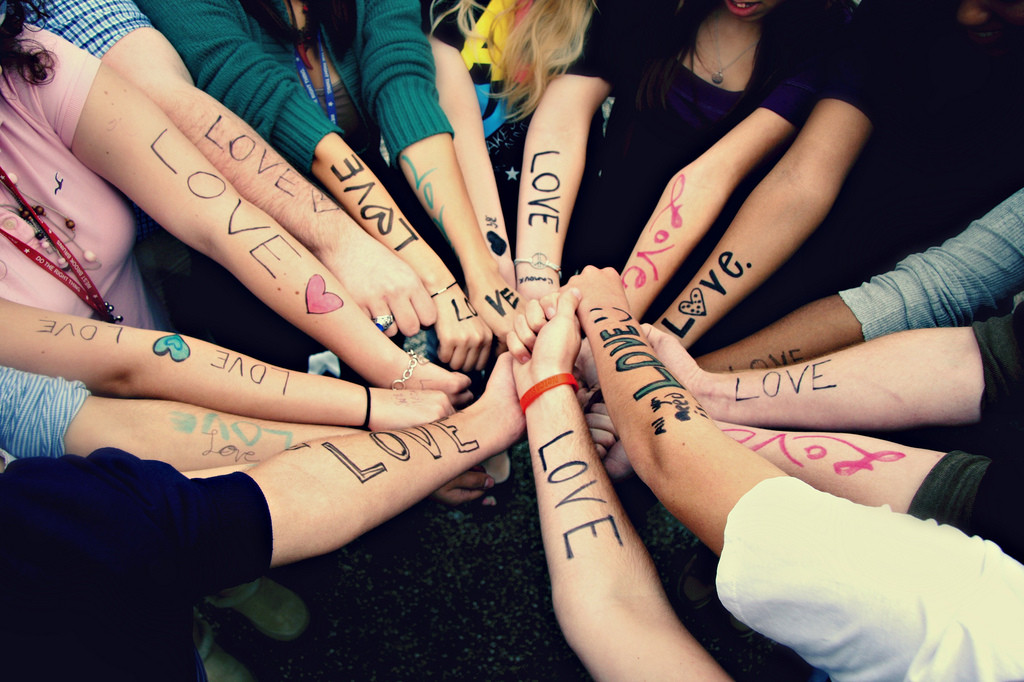Ignoring the big questions of our faith damages our ownership and gives reason for unbelievers to stay unbelievers.





Photo Credit: Benjamin Gossett (Creative Commons)


Photo Credit: Clemence Pacault (Creative Commons)


Photo Credit: astrid westvang (Creative Commons)


Photo Credit: Jessy Rone, Creative Commons
I’ve held a lot of grudges because of one moment of interaction with someone else. I’ve never met them or hardly know them and they do that?! Judged. Although the saying “don’t judge a book by its cover” is a common warning, I find it a struggle to follow. One look, word, or action and we choose to classify people into a genre—punk, druggie, loser, sappy, too happy, too nice, fake, jerk-face. Why are we using one moment to define a lifetime?
Honestly, you’re just like me, we’re not perfect in every moment of every day. Emotions are a funny thing—they roar in some moments and are balanced in others. Sometimes anger and sadness outweigh happiness and joy.
Whether you know the individual intimately, cordially, or briefly, one moment shouldn’t define your love towards them. Love is a free gift meant for the happy and the hurt. Interactions can give you clues into who the person is, but behind the mask and inside the human is a world constructed from a lifetime of battles and attempted recovery. Your love can pull them through.
We tend to offer more grace to momentary mess-ups with those we know well and cast more judgment on those we don’t—but shouldn’t the scales of grace be equal?
One moment is not enough to categorize an individual into a group you “don’t want to deal with,” because it’s a cop out to not have to work at loving someone. Isn’t it interesting how we like to love when it’s easy but struggle to love when it’s hard?
Jesus was great at tough love. How many times did he have to correct Peter before he became the rock the church was built on? How many moments did he tell the disciples to quit being jerks and let the children and the sick come to him so he could heal them? And—how great his love was when he knowingly let Judas betray him, extending his grace to the sinner and sacrificing himself for the world.
When it comes to people we don’t know well, we need to choose any moment that comes our way, good or bad, to be the presence of love. There are too many factors we don’t know about the person to write them off and withhold something God has commanded us to give.
In every interaction today, choose to embrace the weird, risk the uncomfortable, connect with the impossible and be love in the moment to share grace with a lifetime you’re not sure of…yet.